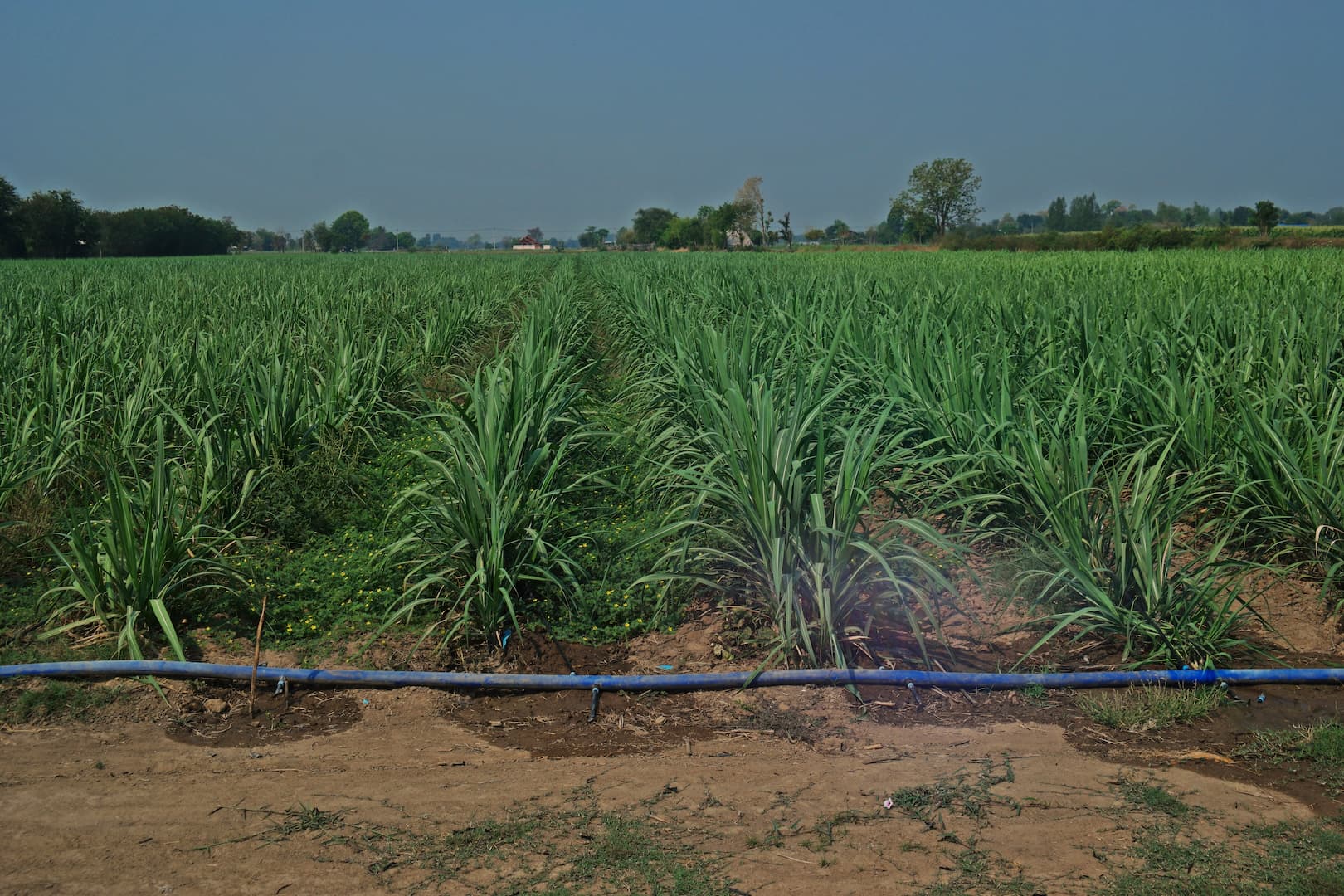Sugarcane Irrigation & Improved Water Management

Background
Sugarcane Irrigation & Improved Water Management
Sugarcane is a water-intensive crop and requires adequate irrigation to produce high yields. Proper irrigation and water management can increase the productivity and efficiency of sugarcane cultivation while minimizing water usage.
The sugar sub-sector is facing unprecedented challenges which have drastically affected cane and sugar production. Key among them include over-reliance on rain-fed farming, acute cane shortage, inadequate seed cane supply and declining yields. In a bid to address this challenge, the Kenya Sugar Board in 2016 established pilot sugarcane irrigation projects in the Nucleus Estates of Nzoia, Muhoroni and Chemelil Sugar mills. Water was used to irrigate cane by gravity and records indicate a significant increase in cane yield, cane growth and tillering. The projects were funded using the Sugar Development Levy (SDL).
Registration & Licensing
Need to get registered or Licensed?
Irrigation Initiatives
The potential for irrigated sugar is high; below is a table on surfaces under irrigation as well as areas of expansion:
| Location | Sugarcane Area (Ha) |
|---|---|
| Kwale International Sugar Company | 1,714 Hectares in the Nucleus Estate |
| Nzoia Sugar Company | 20 Hectares pilot irrigation established by the Kenya Sugar Board in 2016 |
| Chemelil Sugar Company | 10 Hectares pilot irrigation established by the Kenya Sugar Board |
| Muhoroni Sugar Company | 15 Hectares pilot irrigation established by the Kenya Sugar Board |
| Wath Buru- Lower Kuja | 50 Hectares grown by Sukari Industries sugarcane farmers |
| Giritu Sugar Mill | Proposed development in Tana River |
| Dominion Sugar Mill | Proposed development in Siaya County |
Sugarcane irrigation and water management require careful planning and monitoring to ensure the optimum use of water resources while maximizing yield and minimizing environmental impact.
Have you Downloaded the Miwa Bora Application?
Miwa Bora is designed to help farmers, extension workers, and other stakeholders in the agriculture sector to access and share information on best practices, new technologies, weather, market prices, and other relevant information.
